7 anxiety tips to help you every day
Here are 7 anxiety tips to help you relieve stress and worry in your daily life
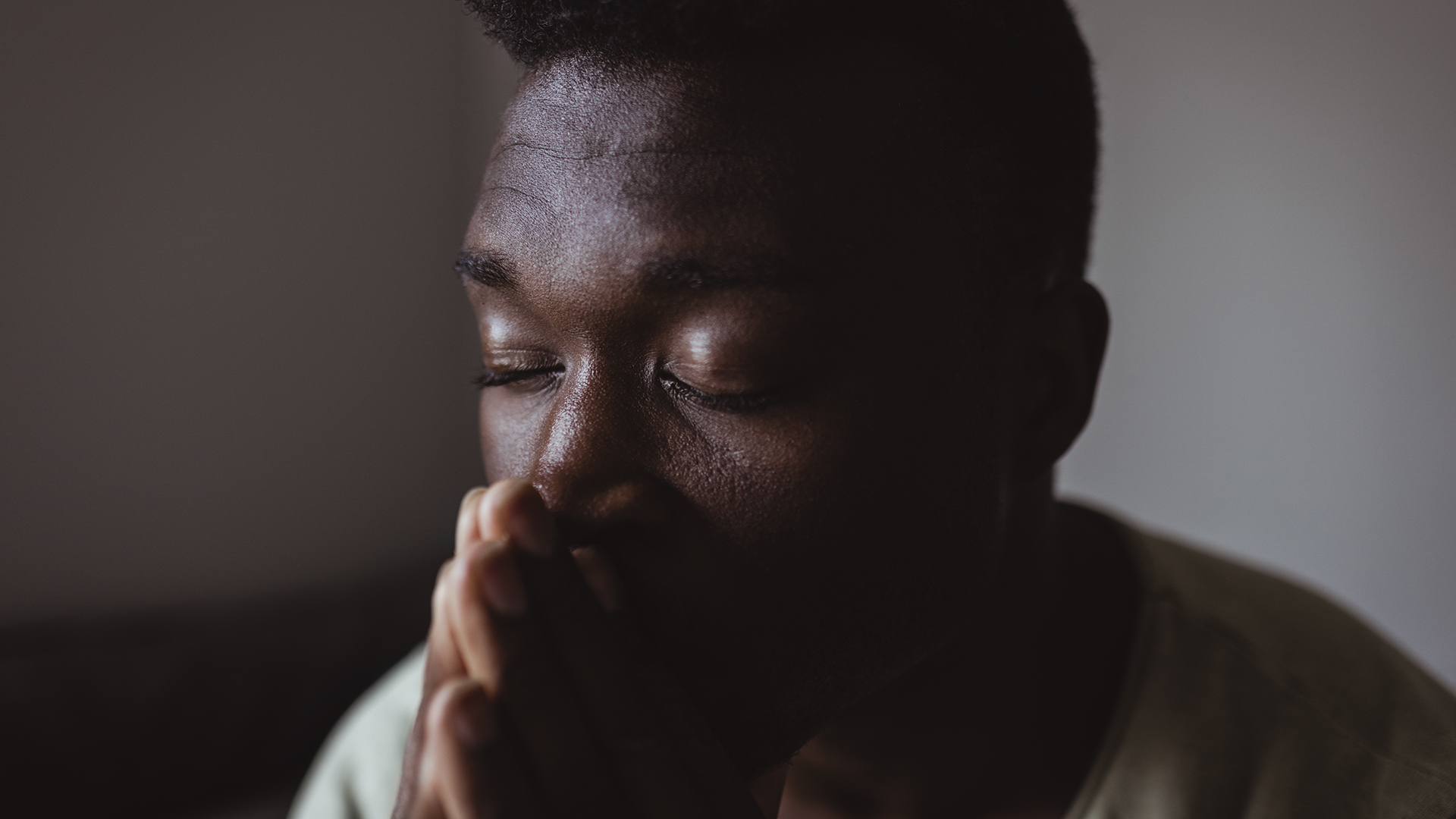
Your pulse starts racing, your breathing speeds up, your body begins to tremble – if you experience anxiety, these symptoms are probably all too familiar to you. While we can all feel anxious from time to time, if you find yourself struggling with persistent or recurring feelings of worry, panic and stress, you may want to consult with your doctor. However, you may also find these seven anxiety tips helpful for coping with the symptoms of anxiety.
When anxiety sets in, it can be scary. In some cases, it can even be a debilitating condition, making it impossible to get on with your regular daily tasks. However, there are a few changes you can make to your lifestyle with anxiety tips to keep stress at bay. We spoke to experts about how aspects such as sleep, exercise and diet all play a huge role in regulating and managing anxiety.
• Read more: Best yoga mats
What is anxiety?
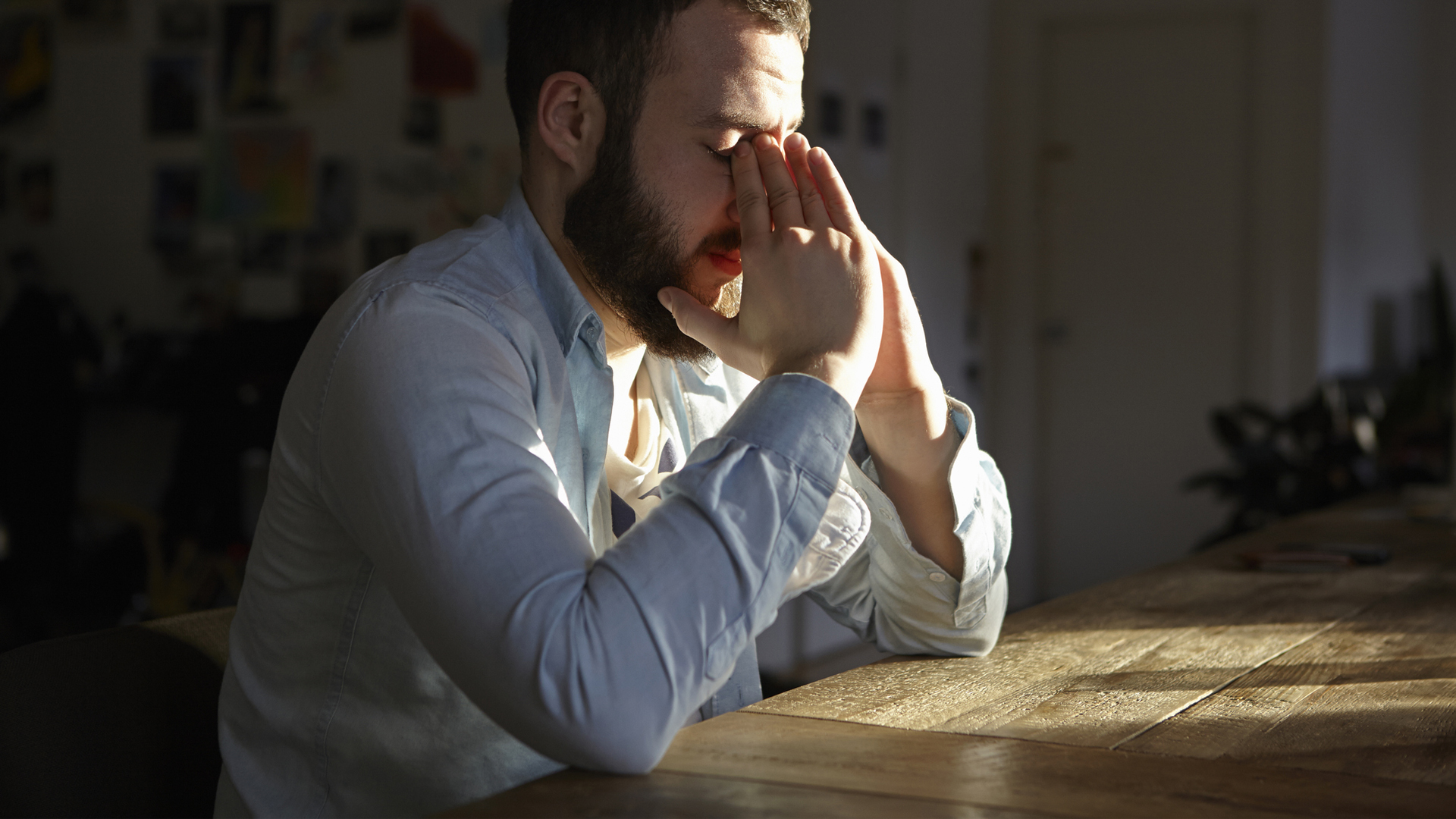
Anxiety is defined as a feeling of worry, panic, or fear that can often manifest itself in physical symptoms like sweating, trembling, or breathlessness. These symptoms are a reaction to the stress hormone cortisol, and the fight or flight hormone adrenaline.
As Yuko Nippoda, psychotherapist and spokesperson for the UK Council for Psychotherapy, told Live Science, anxiety can be a normal reaction in certain situations, but when anxiety begins to affect you more frequently it may be a sign of an anxiety disorder. An anxiety disorder is, in basic terms, a condition in which the brain incorrectly releases cortisol and adrenaline in "normal" situations that don't actually require a fight or flight response.
According to the American Psychiatric Association, anxiety disorders affect almost 30% of adults during their lives, making them the most common mental health condition.
7 anxiety tips
Whether you experience mild anxiety from time to time or you have been diagnosed with an anxiety disorder, you can relieve anxiety and reduce its impact on your life with a few simple changes to your lifestyle. Here are 7 anxiety tips to help you manage any stress and worry in your day–to–day life.
1. Improve your sleep hygiene
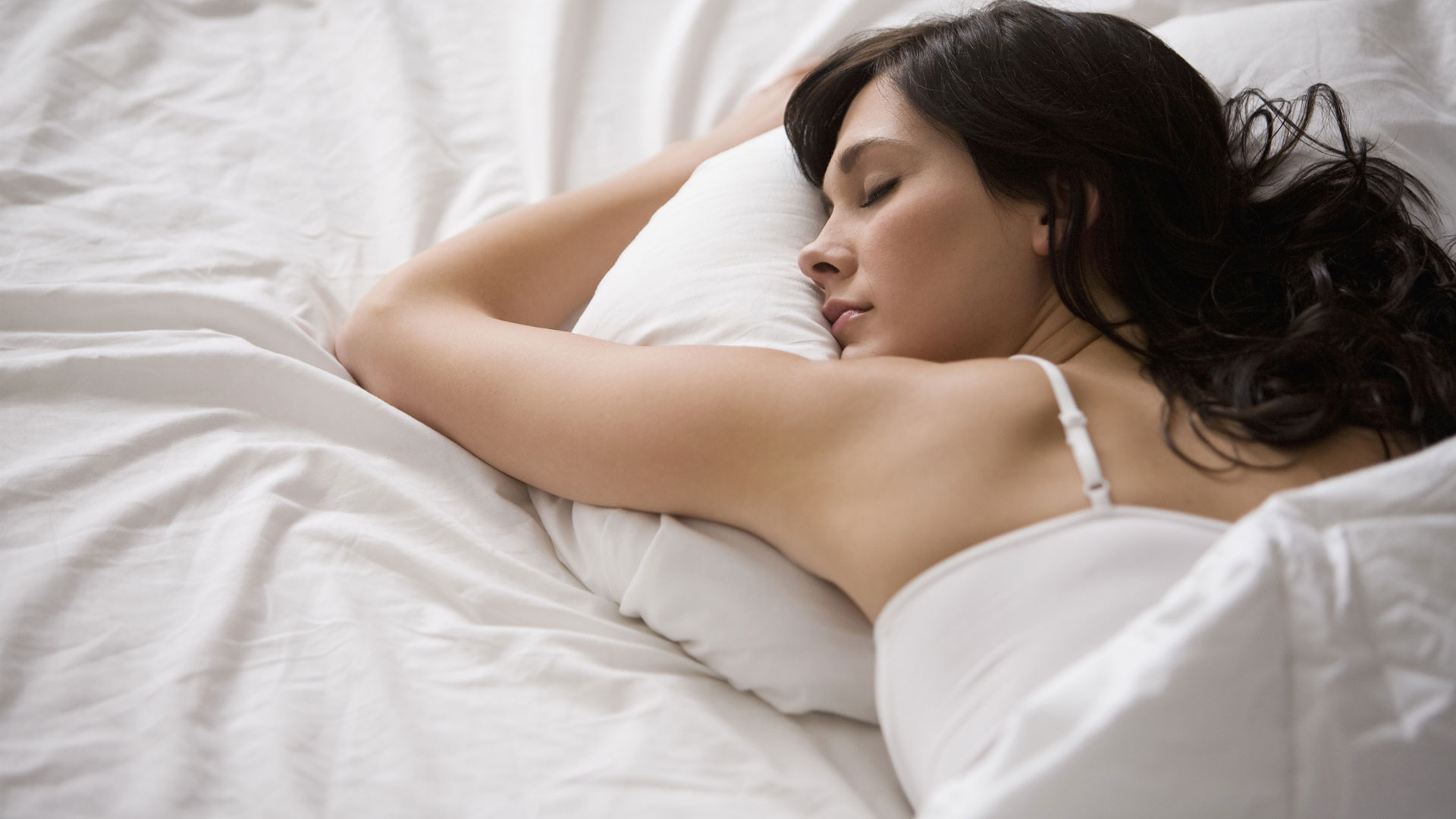
Poor sleep habits are closely linked to anxiety disorders. A 2007 study by the Journal of Sports Science and Medicine found that a 30 hour sleep deprivation could increase anxiety levels, while a 2020 study by the journal Nature found that getting a good night's sleep with periods of NREM sleep could dramatically improve anxiety the following day.
Unfortunately, anxiety can lead to unhealthy sleep patterns and can even cause sleep disorders such as insomnia, as shown in this study in Dialogues in Clinical Neuroscience. This means that if you suffer from anxiety, getting a good night's sleep might be easier said than done.
Try improving your sleep hygiene to improve your chances of getting enough shut eye. As one 2003 study in Sleep Medicines Reviews showed, improving sleep hygiene can help to improve the quality and length of your sleep.
Try improving your sleep hygiene by:
- Putting away your screens an hour before sleep.
- Avoiding large meals before bed.
- Creating a calm, clean, dark environment in your bedroom.
- Using a relaxing scent such as lavender or chamomile.
- Investing in good quality bedding.
2. Get some exercise
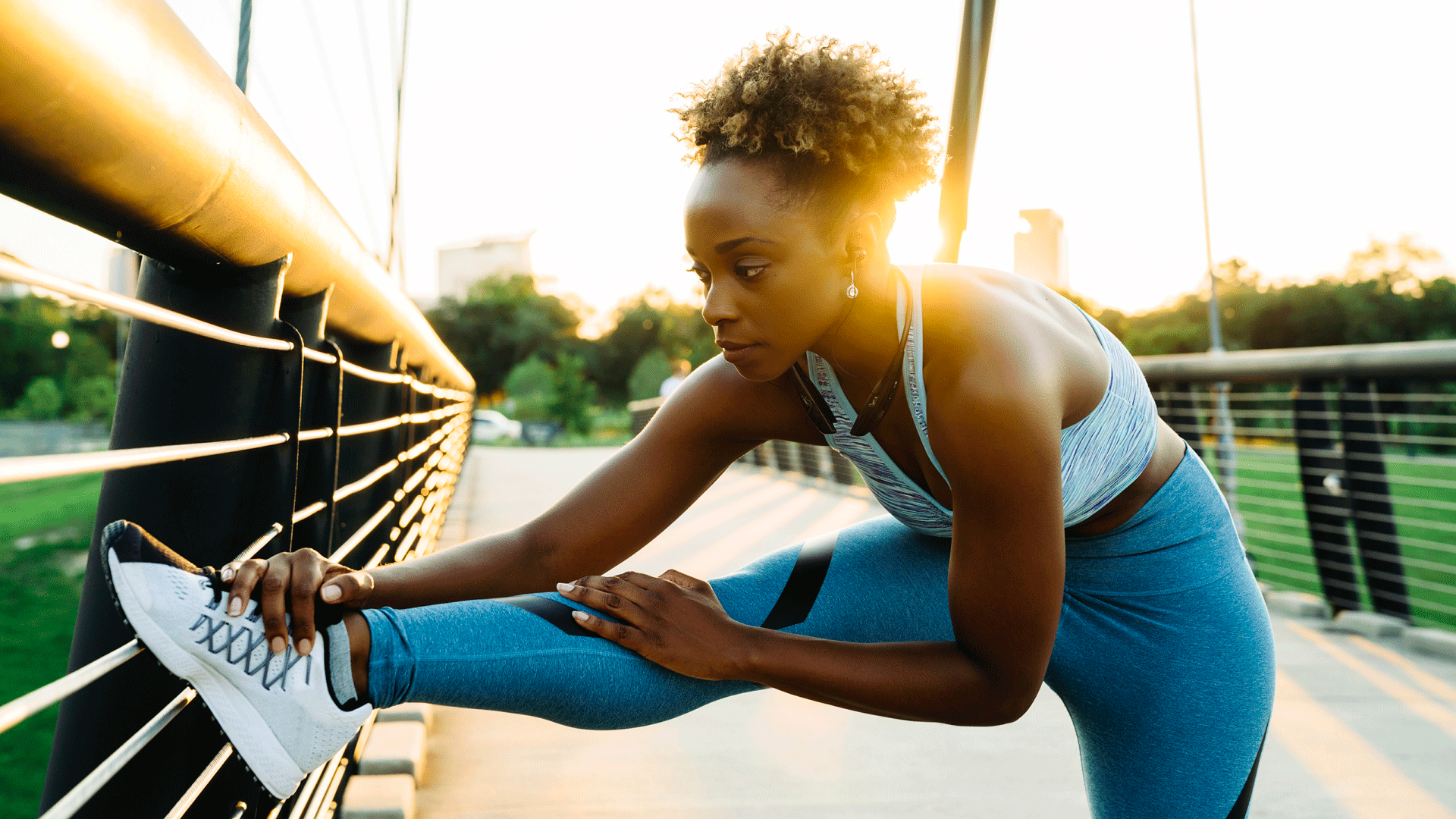
Exercise is often touted as a kind of magical cure-all for both physical and mental conditions. When it comes to anxiety, it's no different. Numerous studies have shown that exercise can reduce and relieve anxiety. A 2013 study in the journal Frontiers in Psychiatry found that "exercise and regular activity positively impacts the pathophysiological processes of anxiety".
As clinical psychologist Sopagna Braje told Live Science, "When you are exercising, you might initially produce more stress hormones but your body quickly adapts and you actually experience lower levels of stress hormones when you are engaged in physical activity. You are also producing more of different types of neurotransmitters associated with mood, anxiety, and stress responses." She added that exercise can also improve your sleep, which is another proven method of reducing anxiety.
• Read more: What does exercise do to your brain?
3. Clean up your diet
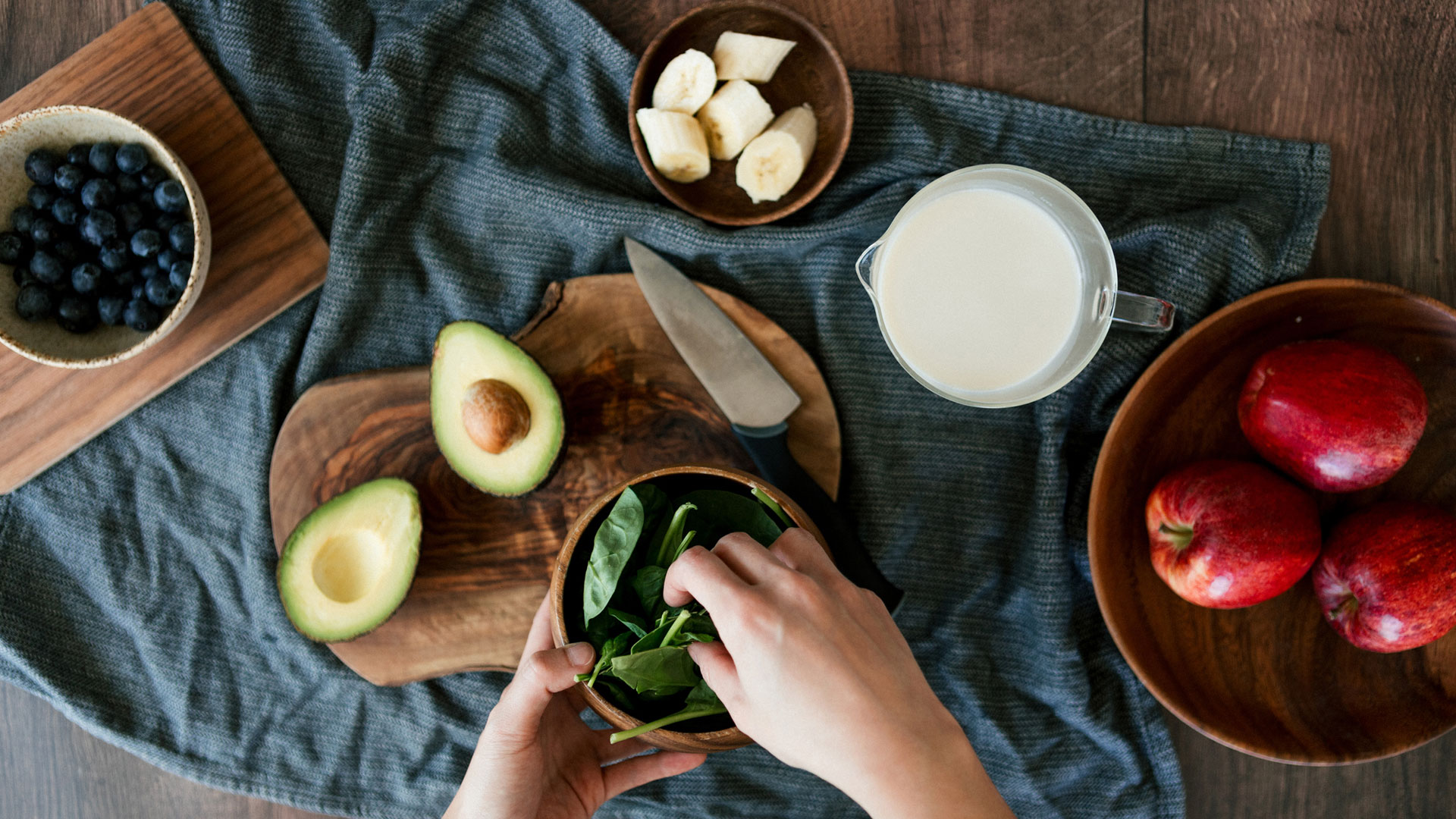
What we eat can actually have a significant effect on how we feel, both physically and mentally. Studies have shown that having a balanced, healthy, natural diet plays a big role in our mental health. A 2019 study in the journal Nutrients, for instance, found that a diet of saturated fats and added sugars could lead to higher levels of anxiety. Meanwhile, a 2021 study in Frontiers in Psychiatry showed that artificial sweeteners and gluten could increase anxiety, while omega-3 fatty acids, turmeric, vitamin D and ketogenic diets could all contribute to reducing anxiety.
- Read more: What are the best supplements for anxiety?
4. Cut back on alcohol and caffeine
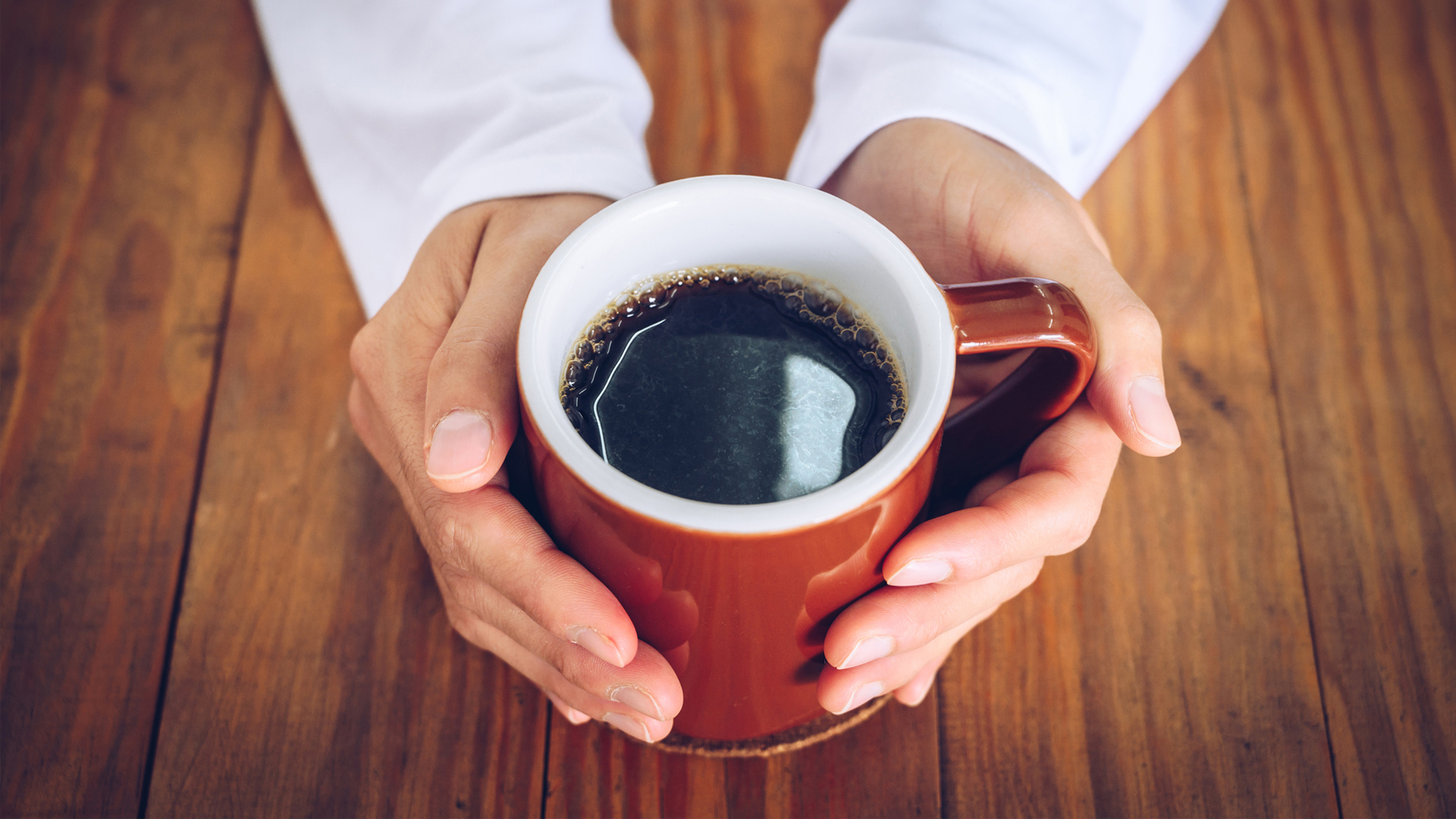
Alcohol and caffeine may seem like the perfect distraction or remedy to anxiety, but in reality, they have both been shown to make the symptoms of anxiety worse. One 2017 study by the Society for the Study of Addiction, for example, suggested that a reduction in alcohol consumption could improve the frequency and severity of anxiety, while a 1992 study from the journal JAMA Psychiatry demonstrated that caffeine caused an increase in sweating, blood pressure, and feelings of anxiety in people with generalized anxiety disorder.
Both alcohol and caffeine are addictive substances, so cutting back may seem tough – in fact, at the beginning, it may temporarily make you feel even more anxious. Make the transition easier by switching to herbal tea or hot water and lemon in the morning and a tasty mocktail in the evening.
5. Find a mindfulness exercise that works for you
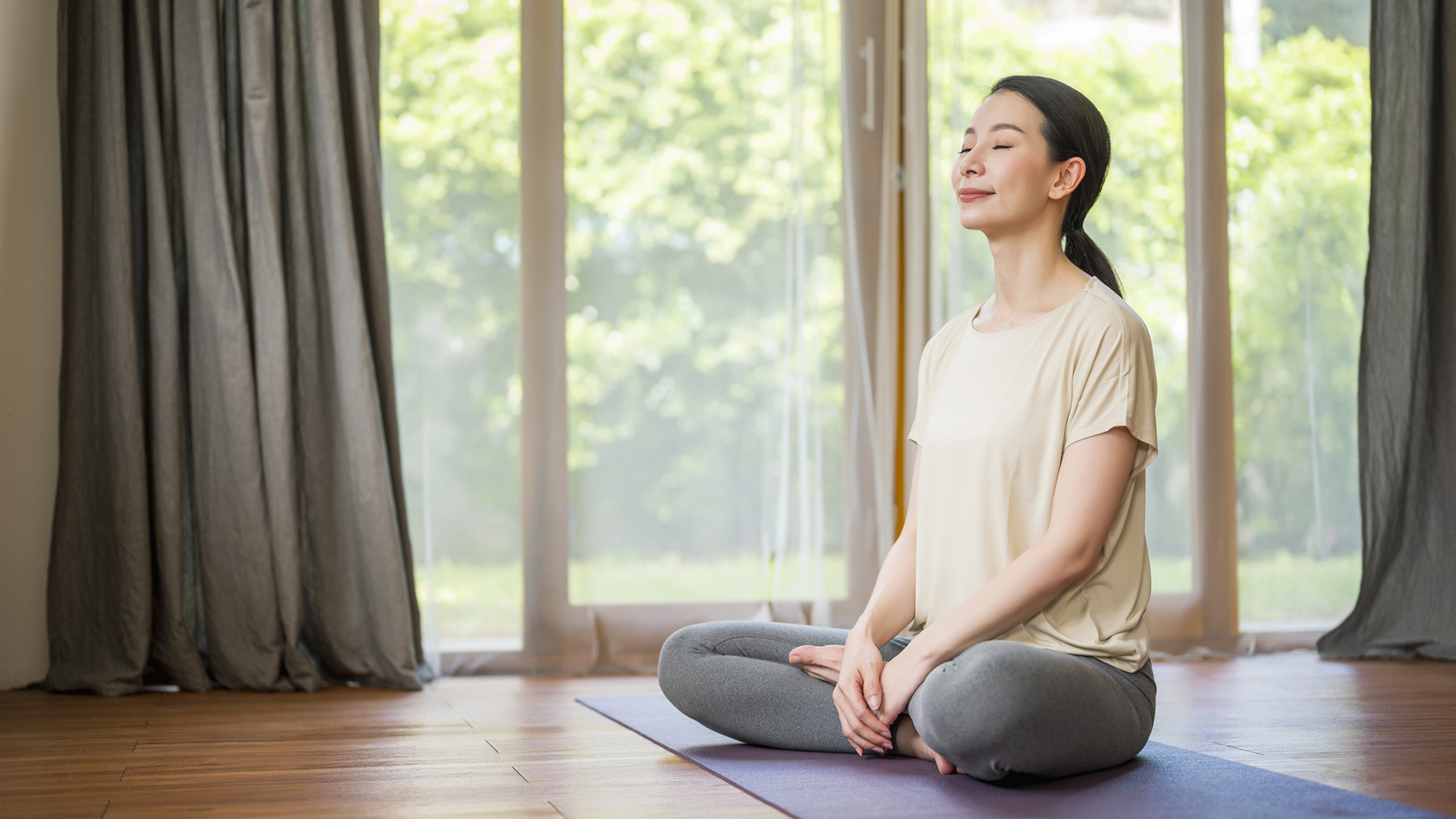
While mindfulness is sometimes dismissed as a pseudo-science, studies such as this 2010 study at the American Psychological Association, have shown that meditation is a great way to reduce stress hormones and thereby manage anxiety. Mindfulness meditation is a practice that helps you regulate your breath, connect with your body, and calm the mind.
As Braje explained, "There are a lot of studies that support mindfulness meditation in improving stress management. Luckily, there are many apps which can help people who may struggle with meditation. Like exercise, people may have to do it in small doses, like 2 minutes, before working up to 10 or 15 minutes."
• Read more: Is yoga good for you?
6. Become familiar with your anxiety triggers
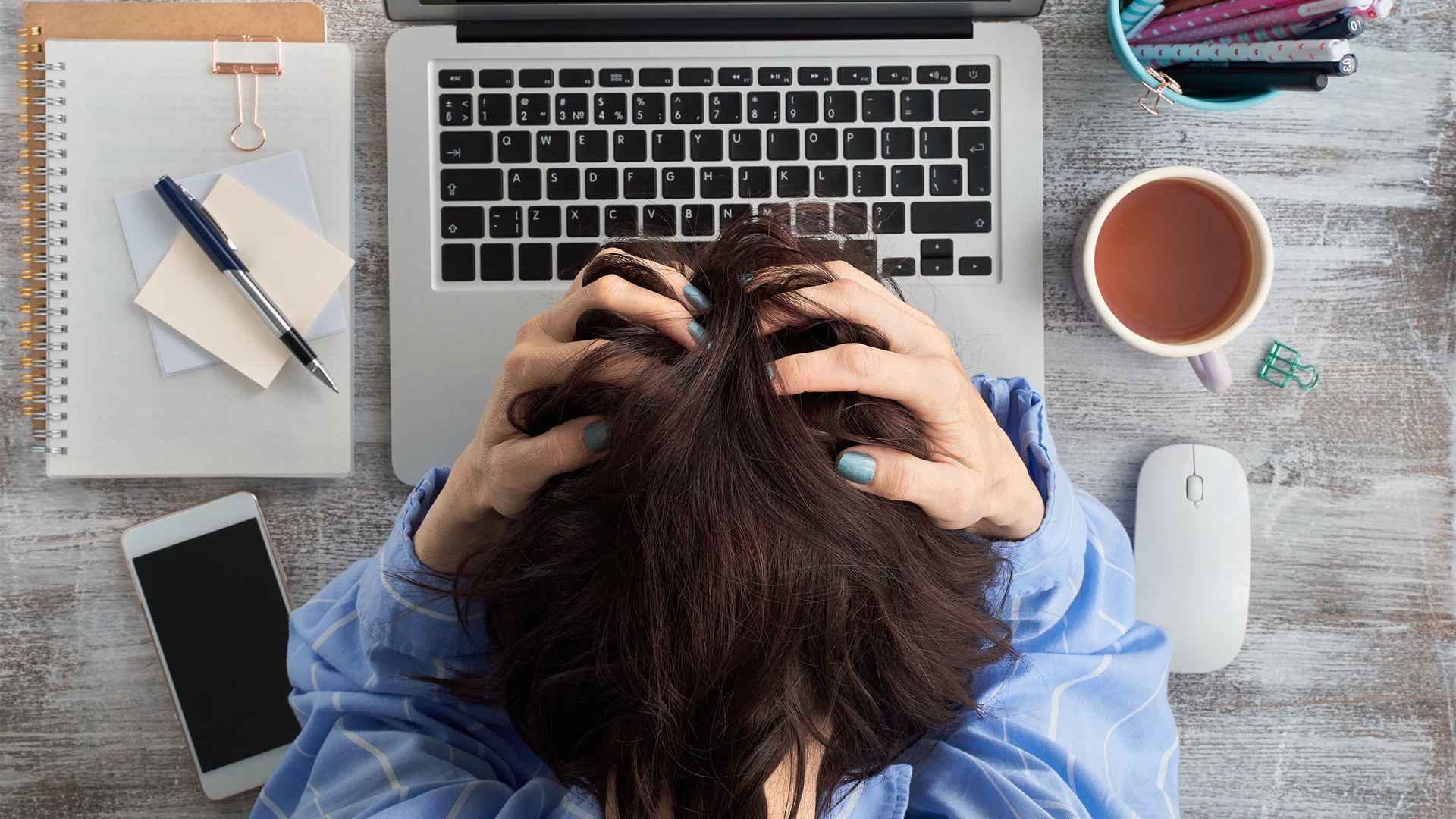
In some people, the symptoms of anxiety can crop up seemingly at random. In others, the triggers may be more easy to define. However, in just about everyone, there is usually a specific trigger that causes the feelings of anxiety. Identifying your triggers can help you to understand your anxiety and begin to manage it.
Some triggers may be purely physiological. For instance, caffeine, hunger, or reactions to medications can cause anxiety. Other triggers can be external, such as money concerns, social situations, or even a specific individual.
Nippoda suggested writing down your triggers. "People who are over-anxious do not even know what is causing the anxiety. If they write their worries down they can conceptualise what their anxiety is about and it might become easier to manage." After writing down your ‘worry list’, try scrunching up the paper and tossing it away. "This is a symbolic gesture that they do not have anything to do with the issues anymore and it can help them feel empowered," Nippoda said.
7. Speak to your doctor or a mental health professional
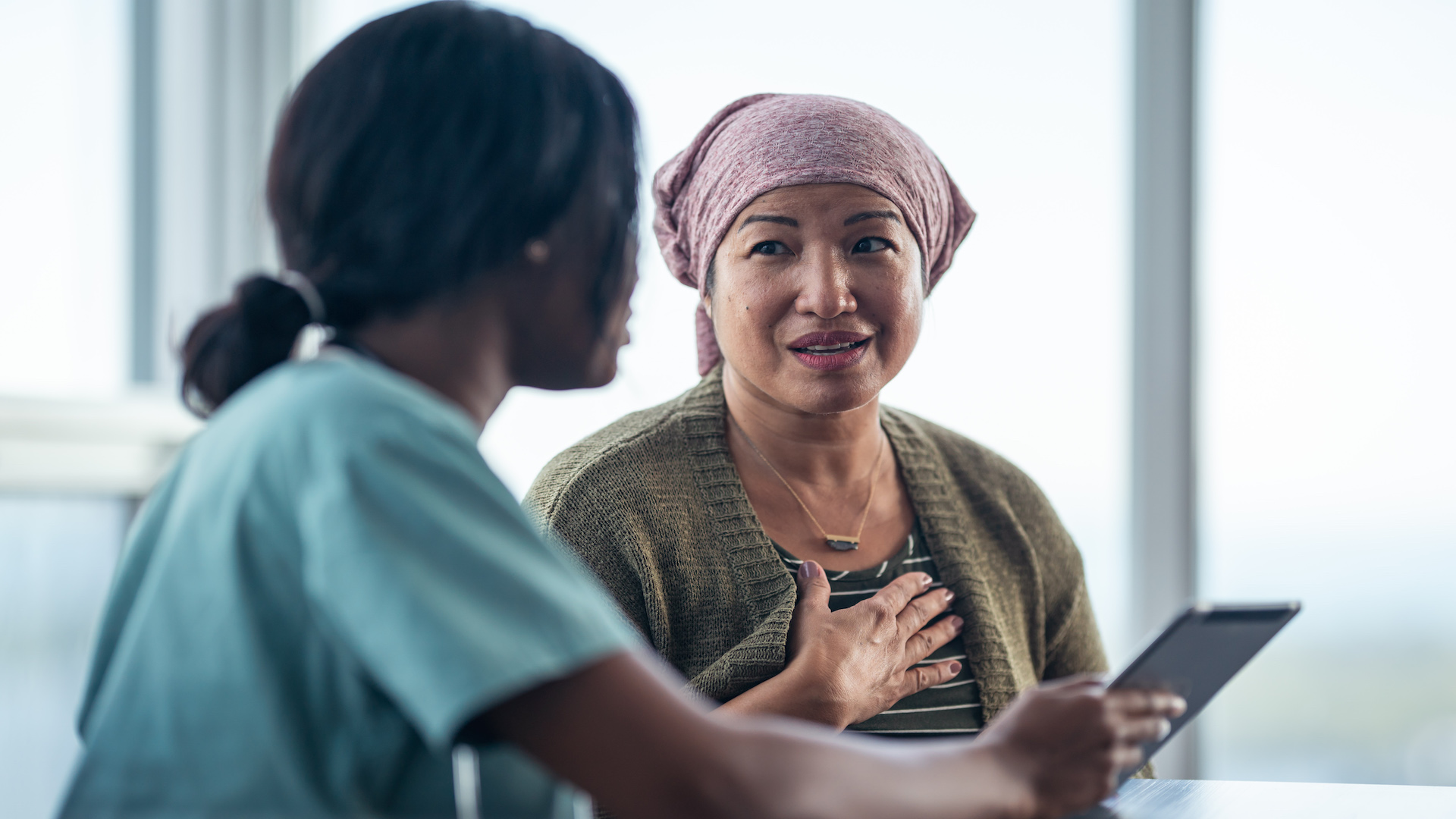
It is possible to manage an anxiety disorder at home, but in most cases, it is recommended that you seek professional help, too. By speaking with a therapist, psychologist, or medical doctor, you'll be able to get a professional opinion on your anxiety disorder and pinpoint the best possible management methods for your unique case.
As Floss Knight, psychotherapist and CEO of UK Therapy Guide, told Live Science, "Know that there are many experts out there who can help you and offer that essential support. Many people find that verbalising their feelings helps remove them from their head – and this space offers a chance to think about solutions.”
Sign up for the Live Science daily newsletter now
Get the world’s most fascinating discoveries delivered straight to your inbox.

Meg Walters is a freelance journalist and features writer. Raised in Canada and based in South East London, Meg covers culture, entertainment, lifestyle, and health. Her work has appeared in Cosmopolitan, i-D, Refinery29, Stylist, GQ, Shondaland, Healthline, HelloGiggles and other publications. When she's not writing, Meg is probably daydreaming about traveling the world, re-watching an old rom-com with a glass of wine, or wasting time on Twitter, where you can follow her @wordsbymeg.










